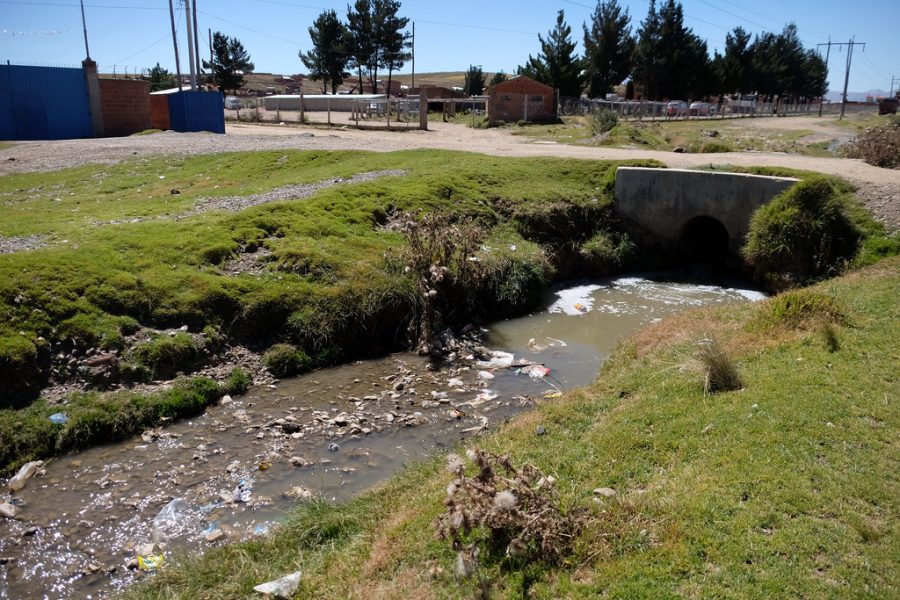When it comes to dealing with processed food, we need to make sure that all the ingredients are healthy. It’s a good thing that there’s an increasing awareness in this subject and people often read the labels to avoid specific ingredients that they don’t want to put into their bodies. People tend to avoid artificial ingredients, MSG and GMO, as well as high level of fat, sugar and salt in processed foods. Water is one of the most overlooked ingredients in the food and it’s often not included in the label. We should ask where the water in the manufacturing process comes from. We should know what kind of water that’s used, whether it’s filtered or not. Water is an excellent solvent and it dissolves many solid objects, some of them could be toxic or at least, quite risky for our heath. We should make sure that the water is obtained from clean sources and they have been examined regularly. Even if you eat healthier processed food products, such as veggie burgers; things won’t be good if they contain bad things, such as hexane residue, which can be picked from different areas.
Water obtained from unverified sources may not be directly toxic to your health, but there could be still dozens of risky substances and chemicals in small concentration. If consumed regularly, they may still pose risks in the long run. Consumers have valid reasons to be concerned about the quality of water in the food manufacturing process. Agricultural pollutants, such as manure-laden runoff, fertilizers and chemicals may seep into underground water reservoirs. Because food manufacturing plants are often located in industrial areas, local water sources could be contaminated with a variety chemicals and various production byproducts. Many of the chemicals are actually carcinogenic and heavy metals could also accumulate inside our body through contaminated water. Water sources should be monitored regularly for presence of arsenic, lead, chromium 6 and perchlorate, There are also other toxins in the water can harm our physical health, such as trihalomethanes, fluoride, PCP and others. Pharmaceutical drugs could also be found un water, such as sex hormones, mood stabilizers, anti convulsants and antibiotics, due to improper disposal of pharmaceutical wastes.
It is clearly difficult to determine whether water used in the manufacturing process is clean and safe. Our best bet is to look at the Internet whether there was water contamination problem relate to a company or in area where the factory is located. Water is not always present in the product itself, but often used in the manufacturing process. As an example, quinoa, millet and rice will need to be cooked using enough quantity of water. In order to cook a grain, we need a ratio of 2 to 1 of water to grain. It means that we need to two cups of water to cook one cup of grains. We won’t be able to obtain good food quality, if the water quality to process the food itself is poor. If we are concerned, it’s a good idea to call the manufacturer about the food production methods.
